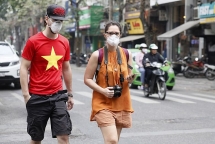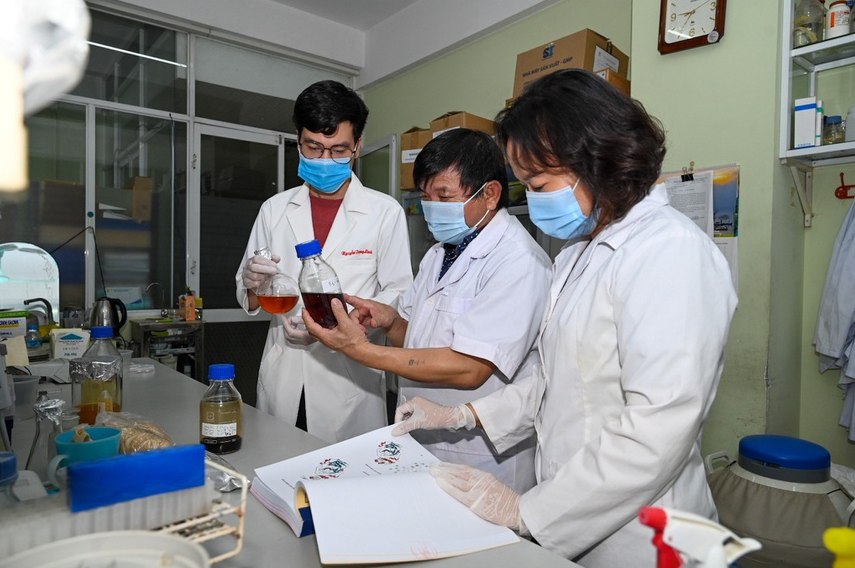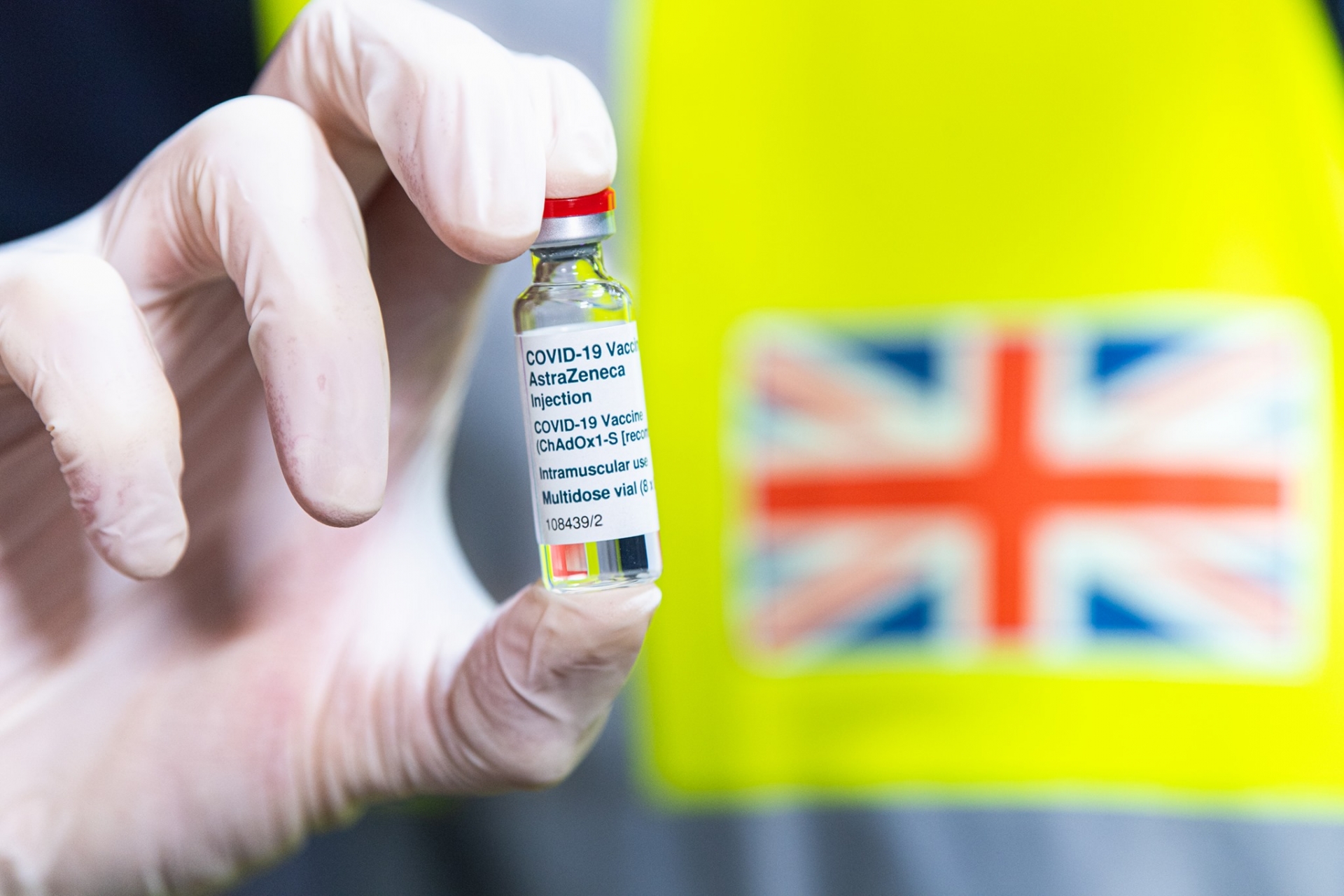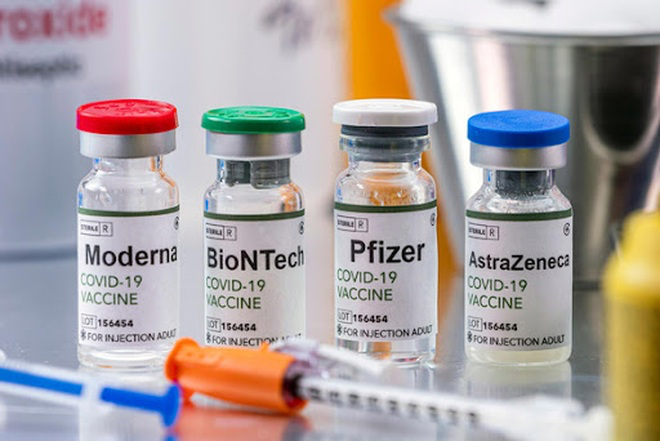Questions and Answers on the 2019 Coronavirus Disease (COVID-19)
| The travel advice during the outbreak of COVID-19 | |
| Vietnam requires all citizens, foreigners to wear masks at crowded places | |
| World leaders tested positive for nCOV |
What is COVID-19?
COVID-19 is a virus strain, first identified in Wuhan, Hubei Province, China, that has only spread in people since December 2019.
Health experts are closely monitoring the situation because little is known about this new virus and it has the potential to cause severe illness and pneumonia in some people.
Coronaviruses (CoV) are a family of RNA (ribonucleic acid) viruses. They are called coronaviruses because the virus particle exhibits a characteristic ‘corona’ (crown) of spike proteins around its lipid envelope. CoV infections are common in animals and humans. Some strains of CoV are zoonotic, meaning they can be transmitted between animals and humans, but many strains are not zoonotic.
In humans, CoV can cause illness ranging from the common cold to more severe diseases such as Middle East Respiratory Syndrome (caused by MERS-CoV), and Severe Acute Respiratory Syndrome (caused by SARS-CoV).
| How does COVID-19 spread and what are the symptoms? COVID-19 is primarily spread through respiratory droplets, which means to become infected, people generally must be within six feet of someone who is contagious and come into contact with these droplets. It may be possible that a person can get COVID-19 by touching a surface or object that has the virus on it and then touching their own mouth, nose, or possibly their eyes, but this is not thought to be the main way the virus spreads. Symptoms of COVID-19 appear within two to 14 days after exposure and include fever, cough, runny nose and difficulty breathing. |
Are animals responsible for COVID-19 in people?
The predominant route of transmission of COVID-19 appears to be from human to human. Current evidence suggests that the COVID-19 virus has an animal source. Ongoing investigations are important for identifying the animal source (including species involved) and establishing the potential role of an animal reservoir in this disease. Yet, to date, there is not enough scientific evidence to identify that source or to explain the route of transmission from an animal source to humans.
Genetic sequence data reveals that the COVID-19 virus is a close relative of other CoV found circulating in Rhinolophus bat (Horseshoe Bat) populations. There is the possibility that transmission to humans involved an intermediate host.
How long does it take for symptoms of the COVID-19 to appear?
It is believed that symptoms of COVID-19 may appear in as few as two days, or as long as 14 days after exposure. To be cautious, many governments are requiring an isolation period of 14 days for people returning from endemic areas
How is COVID-19 treated?
There is currently no approved medication for COVID-19. People infected with this virus should receive supportive care such as rest, fluids and fever control, to help relieve symptoms. For severe cases, treatment should include care to support vital organ functions.
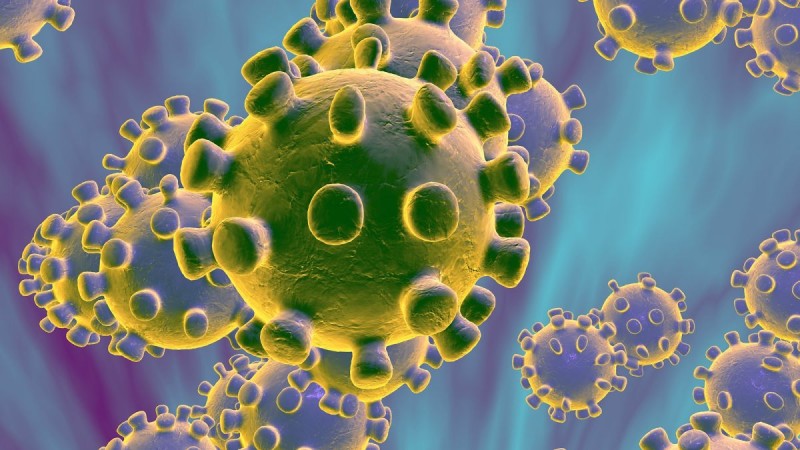 |
| Corona virus |
Is there a vaccine for coronavirus?
Currently, there is no vaccine available.
>>> China claims that Coronavirus vaccine could be ready by April
Researchers at the Miguel Institute of Kiryat Shmona, supported by the Ministry of Science and Technology and the Ministry of Agriculture, say it has achieved a scientific breakthrough for the vaccine against the Corona virus. The institute heads explained the research Thursday morning at a press conference at the Galilion Hotel. He aired things live.
The institute said that from the research conducted by the researchers: Prof. Jacob Pitkowski, Dr. Chen Katz, Dr. Ehud Shahar and their team – found that the Coronavirus in the birds has a high genetic identity to the human Coronavirus. The study also found that the infection mechanism of both viruses is the same.
More: Breakthrough for the COVID-19 vaccine in poultry, adaptable to humans
How can I best protect myself?
Practice the following:
- Wash your hands often with soap and water for at least 15-20 seconds. If soap and water are not available, use a hand sanitizer with at least 60% alcohol.
- Avoid touching your eyes, nose and mouth with unwashed hands.
- Avoid close contact (within 6 feet) with people who are sick.
- Stay home when you are sick.
- Cover your cough or sneeze with a tissue, then throw the tissue in the trash.
- Standard household cleansers and wipes are effective in cleaning and disinfecting frequently touched objects and surfaces.
- It’s currently flu and respiratory disease season and it is recommended that getting vaccinated, taking everyday preventive actions could stop the spread of germs, and taking flu antivirals if prescribed.
Should I wear a face mask? Will that help protect me?
If you are sick: You should wear a facemask when you are around other people (e.g., sharing a room or vehicle) and before you enter a healthcare provider’s office. If you are not able to wear a facemask (for example, because it causes trouble breathing), then you should do your best to cover your coughs and sneezes, and people who are caring for you should wear a facemask if they enter your room.
If you are not sick: You do not need to wear a facemask unless you are caring for someone who is sick (and they are not able to wear a facemask). Facemasks may be in short supply and they should be saved for caregivers.
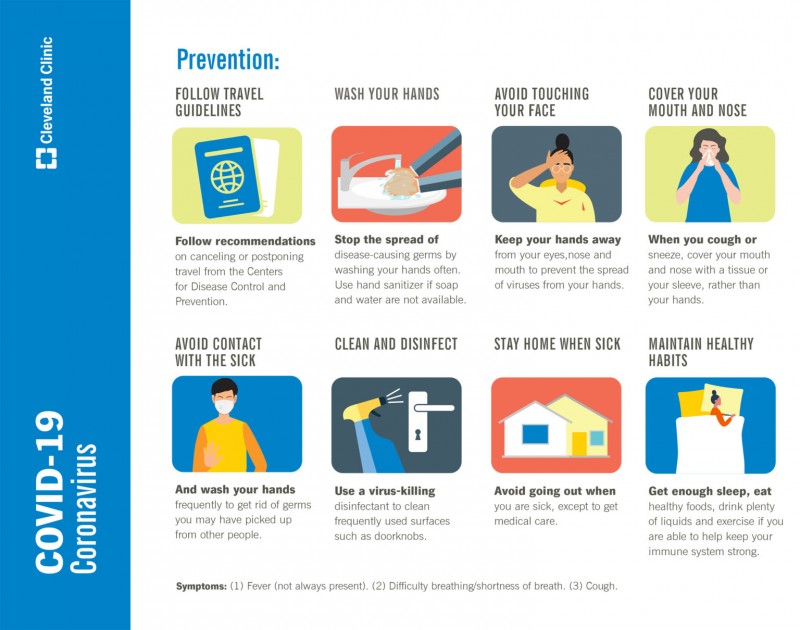 |
Photo: Cleveland Clinic
Are there any precautions to take with live animals or animal products?
Although there is uncertainty about the origin of the COVID-19 virus, in accordance with advice offered by the WHO, as a general precaution, when visiting live animal markets, wet markets or animal product markets, general hygiene measures should be applied. These include regular hand washing with soap and potable water after touching animals and animal products, as well as avoiding touching eyes, nose or mouth, and avoiding contact with sick animals or spoiled animal products. Any contact with other animals possibly living in the market (e.g., stray cats and dogs, rodents, birds, bats) should be avoided. Precaution should be taken to avoid contact with animal waste or fluids on the soil or surfaces of shops and market facilities.
Standard recommendations issued by WHO to prevent infection spread include regular hand washing, covering mouth and nose with the elbow when coughing and sneezing and avoiding close contact with anyone showing symptoms of respiratory illness such as coughing and sneezing. As per general good food safety practices, raw meat, milk or animal organs should be handled with care, to avoid potential cross-contamination with uncooked foods. Meat from healthy livestock that is cooked thoroughly remains safe to eat.
Travel
| What if my family member traveled from a country or had a layover in a country with widespread or sustained transmission in the last 14 days? Your family member should: - Seek medical care right away. Before they go to a doctor’s office or emergency room, call ahead and tell them about their recent travel and symptoms. - Avoid contact with others. - Not travel while sick. - They should cover their mouth and nose with a tissue or their sleeve (not their hands) when coughing or sneezing. - Wash hands often with soap and water for 15-20 seconds. Use an alcohol-based hand sanitizer with at least 60% alcohol if soap and water are not available. |
What if I must travel for personal reasons?
If you must travel for person reasons, practice the following precautions: Avoid contact with people who are sick; avoid animals (alive or dead), animal markets and products that come from animals (such as uncooked meat); wash hands often with soap and water for 15-20 seconds.
Use a hand sanitizer with at least 60% alcohol if soap and water are not available. Older adults and travelers with underlying health issues may be at risk for more severe disease.
In topics
Recommended
 Handbook
Handbook
Vietnam Moves Up 8 Places In World Happiness Index
 Handbook
Handbook
Travelling Vietnam Through French Artist's Children Book
 Multimedia
Multimedia
Vietnamese Turmeric Fish among Best Asian Dishes: TasteAtlas
 Handbook
Handbook
From Lost to Found: German Tourist Thanks Vietnamese Police for Returning His Bag
Popular article
 Handbook
Handbook
Prediction and Resolution for the Disasters of Humanity
 Handbook
Handbook
16 French Films To Be Shown For Free During Tet Holiday In Vietnam
 Handbook
Handbook
Unique Cultural and Religious Activities to Welcome Year of the Snake
 Handbook
Handbook


